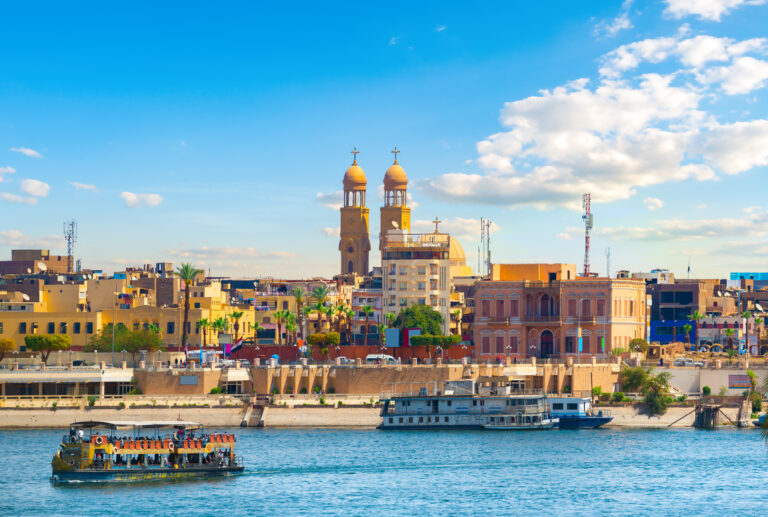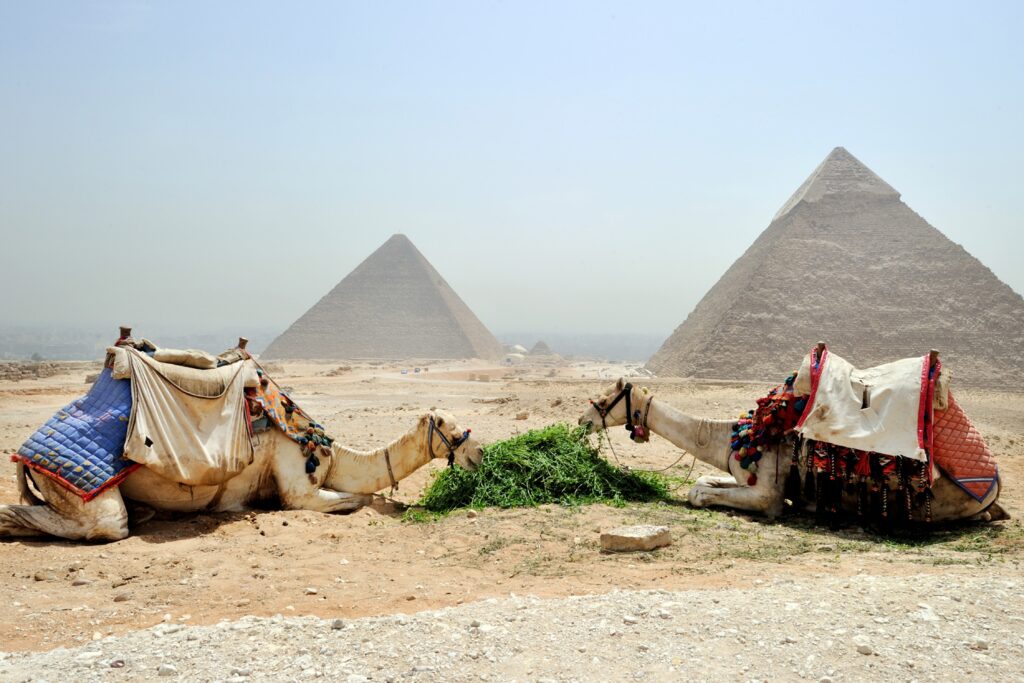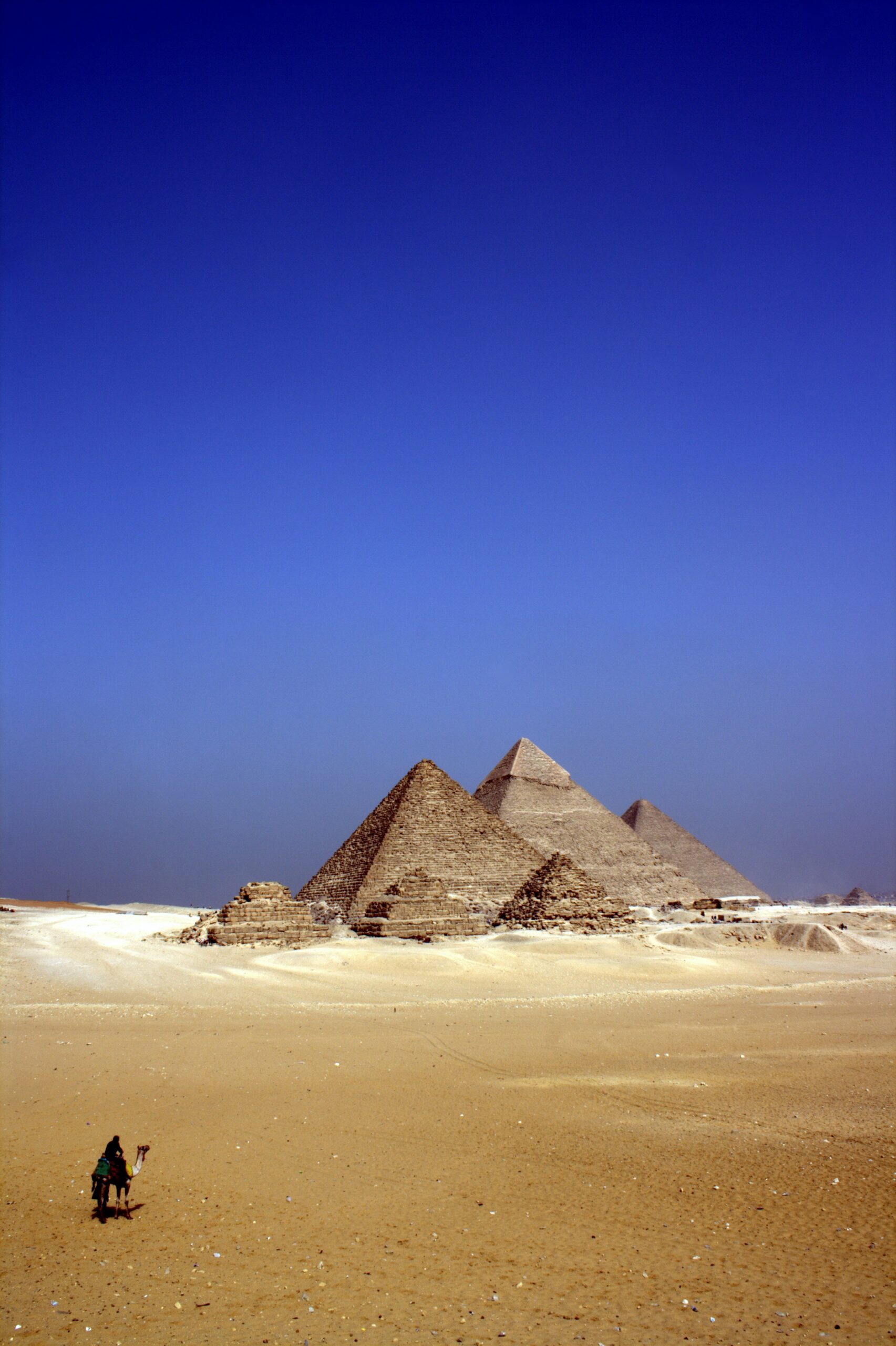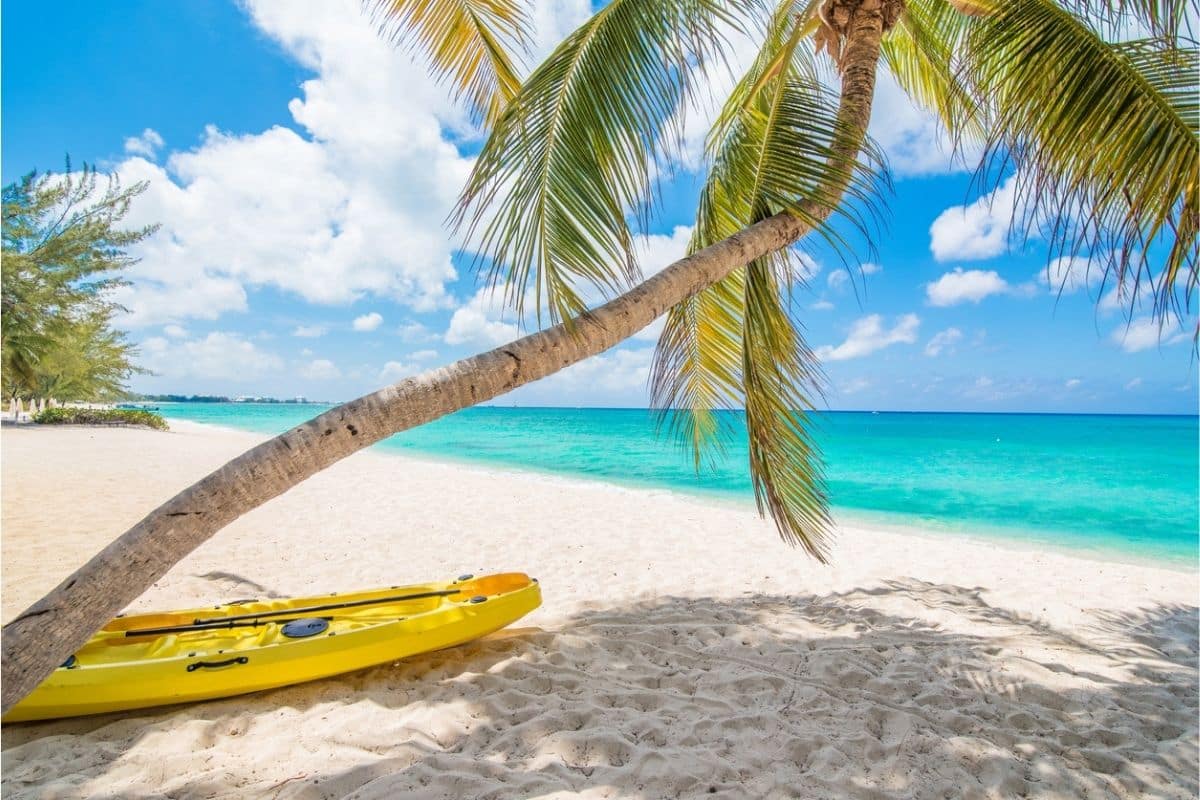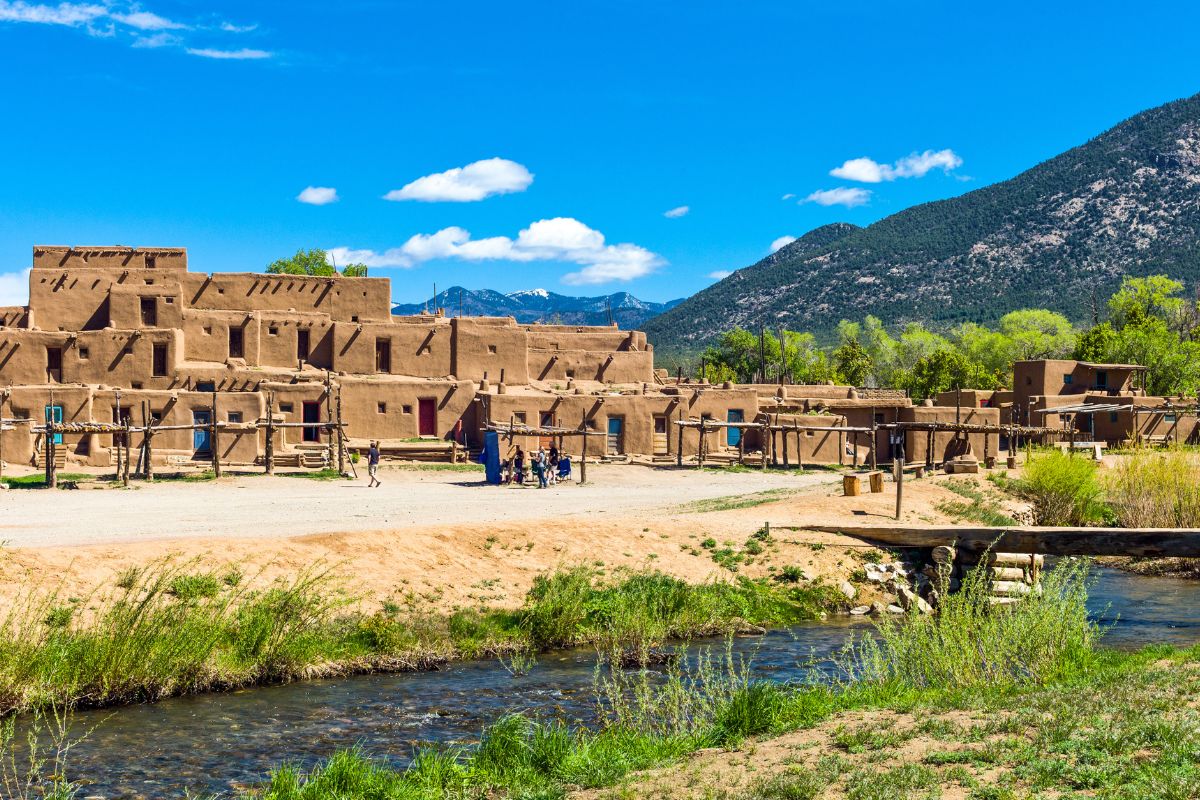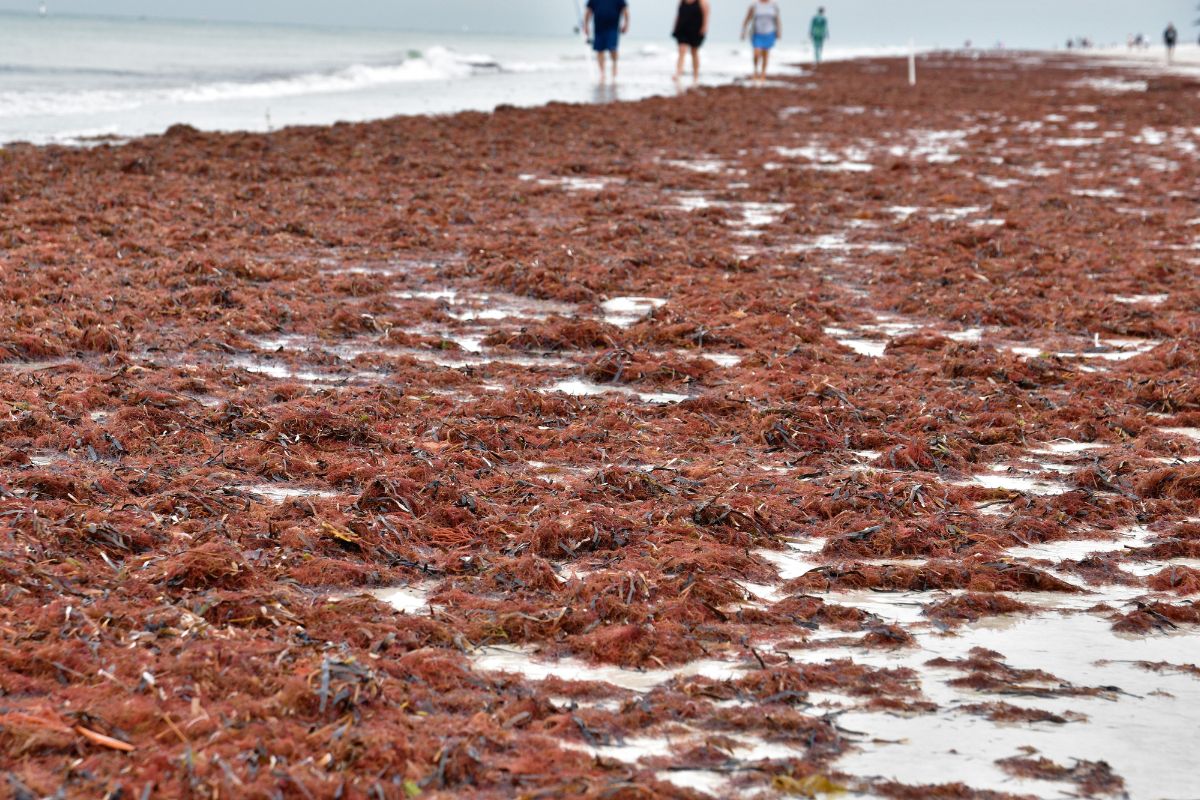Egypt is a place every traveler must visit at least once in a lifetime. But should you travel to this ancient country right now?
In general, Egypt is a safe place to visit. You may encounter petty crime and scams, but that is the extent of crime in this country.
Pickpockets are unquestionably an issue in Egypt’s major cities, particularly in Cairo.
When it comes to violent crime, it is uncommon, and you should not be concerned about getting mugged or robbed. If you find yourself in this scenario, don’t be afraid to yell “Harami” (which means criminal) and run after the person who robbed you.
Egypt is a fairly safe country to travel to if you are on your guard and observe local cultural customs. Although the crime rate in Egypt is low, beware of pickpockets and scammers.
However, if you are visiting tourist destinations, especially religious sites, consider the risk. Attacks on tourist sites do occur, but if you check local news sources about the threat situation, avoid large crowds, watch out for religious or public festivals that could trigger demonstrations or riots, and choose to travel in a small group.
LATEST UPDATES / NEWS from Egypt:
March 31 – Egypt Introduces 5-Year Visas to Increase Tourism
Egypt’s Ministry of Tourism and Antiquities stated on Monday, 27 March, that it will be granting citizens of 180 countries a multiple-entry visa valid for five years and costing USD 700 (EGP 21,000).
The new visa can be obtained at the airports in Egypt for travelers who already have a legitimate visa from the United Kingdom, the United States, the Schengen region, Japan, or New Zealand.
The Ministry also declared that visitors from China, India, and Turkey can obtain a visa at the port of entry into Egypt, while Iranian and Israeli nationals can enter South Sinai and Hurghada with a visa at the port of entry, subject to prior arrangement with travel agencies.
March 2 – Egypt imposes new fees on tourist venues
Asharq Business stated, citing the official Gazette, that Egypt has placed new taxes on hotels, tourist facilities, restaurants, and bazaars as of March 1st for the Tourism and Antiquities Support Fund.
The tourist ministry’s decision involves levying a 1% tax, ranging from EGP 5 to EGP 50 per night, on hotels and safari ships.
As a result, bazaars will have to pay annual fees ranging from EGP 5,000 to EGP 10,000 depending on their space.
Restaurants and cafés will have to pay an annual fee ranging between EGP 4,000 and 5,000, plus an extra fee of EGP 3,000-5,000 if they sell alcoholic beverages or hookahs.
Furthermore, nightclubs will be charged an annual price of EGP 20,000, tourism companies will be charged an annual fee of EGP 3,000-7,000, and tourist buses, microbuses, and limos will be charged an annual fee of EGP 500-1000.
February 15 – Egypt tourism shows positive signs of recovery after Covid, says government.
Egypt’s economy suffered significantly during COVID 19, but the Ministry of Tourism is investing billions of dollars in the sector to give it a much-needed help and propel it to new heights.
Early signs are promising, and the first quarter of 2022/2023 showed that Egyptian tourism has great potential for recovery.
Egypt’s phenomenal history, combined with easy visa policies and affordable prices, make the country a popular destination for travelers.
Common scams to be aware of while in Egypt
1. Overpriced Items Scam
This scam is typical when visitors go shopping, and it usually occurs in village markets when the merchant simply raises the price to make more money, which is when you must bargain. Negotiating boldly will save you from overpaying and will also relieve strain on the next tourist.
2. Fake Cry Story Scam
The stories of fake weeping are limitless; you will frequently come across some impoverished individual crying for money because they have lost someone or someone in their family is ill. Whatever the story seems like, keep in mind that they are expert con artists, and you must not get carried away.
3. Beach Scams
Some beach scammers may steal your belongings as you swim in the Mediterranean or the Red Sea. They simply take your belongings and flee to a location you would never be able to get, therefore the best way to avoid this is to put your valuables in hotels if you don’t have somebody to look after your belongings while you enjoy your time in the sea.
4. Pick-pocketing
This has deep roots dating back to the dawn of time, and it only grows better with each passing year. This is a pretty prevalent type of scam that most tourists fall victim to. The simplest method to avoid this great scam is to leave all of your belongings and actual passport at the hotel and bring a photocopy with you.
5. Fake Tour Guides
This is another classic tourist scam in Egypt; you may frequently find persons outside any transportation platform promising to show you around. Whether you’re traveling alone or with companions, don’t put your trust in them because you might be asking a robber to tour you around. When booking a tour guide, go with the hotels because they are more real.
6. Fake Taxi Operators
Cab drivers offer cheap rides to famous tourist spots, but it’s a scam. You must see through the technique; no one will be overly friendly to over low-cost ride without the goal of stealing from you. Keep this in mind!
7. Fake Police
It’s difficult to tell the difference between the real and the fake, so observe their body language when they ask for your credentials. Although it is uncommon, this tourist scams do occur in Egypt. When you notice something odd, kindly ask them to back off and threaten to phone the local station.
8. Fake Cashiers and Bartenders
This can happen to anyone at any time and without warning. Even after paying, you will be told that you did not pay at the local taverns and cafes. When you pay with cash, they will also state that you did not pay the whole amount. This has the potential to go extremely far, and they may have accomplices. You must double-check before paying and choose to pay by card, but be cautious with your code.
Egypt – Level 3: Reconsider Travel
The U.S. government has issued a travel warning recommending travelers “reconsider travel to Egypt due to terrorism.” According to the statement, visitors should “exercise increased caution in Egypt due to the Embassy’s limited ability to assist dual national U.S.-Egyptian citizens who are arrested or detained.”
The embassy does not recommend travel to:
- “The Sinai Peninsula (with the exception of travel to Sharm El-Sheikh by air) due to terrorism.
- The Western Desert due to terrorism.
- Egyptian border areas due to military zones.”
According to the advisory, terrorists may attack diplomatic buildings, tourist destinations, transit hubs, markets, and retail malls, western companies, restaurants, resorts, and local government buildings. Such attacks may occur with little or no notice.
Important recommendations to keep in mind:
- Keep an eye out in areas frequented by Westerners.
- Avoid crowds and demonstrations.
- Purchase adequate medical insurance that includes evacuation.
- Enroll in the Smart Traveler Enrollment Program (STEP) to receive Alerts and help emergency responders find you more easily.
- Follow the State Department on Facebook and Twitter.
- Examine the Country Security Report for Egypt.
- Prepare a contingency plan in case of an emergency. Review the Traveler’s Checklist.
Entry restrictions in Egypt
All travelers to Egypt must present a vaccination certificate or a negative PCR, Antigen Rapid Test, or ID NOW test result for COVID-19 with Quick Response (QR) code, taken at a maximum of 72 hours prior to their trips to the country.
Why visit Egypt in pandemic times
There is only one major entry restriction in Egypt – to test negative or present a vaccination certificate. Then, you are all set to go. Visit the breathtaking Pyramids at Giza, the temples of Luxor, coffee places around Cairo, or just relax by a pool in a hotel resort. Egypt is also well-known for some of the finest diving spots in the world.
Besides, you might experience fewer crowds than usual. So why not go this summer? Don’t forget to take regular precautions and follow the latest COVID-related information to stay safe during your travels.
Update archives
January 27 – Egypt expects 52 million tourists to visit the country till 2026
According to the Cabinet Information and Decision Support Center, Fitch Solutions expects an increase in the number of tourists visiting Egypt in the medium term as the effects of the COVID-19 pandemic and the Russian-Ukrainian war fade.
According to an infographic published Monday on the outlook for Egypt’s tourism sector, the international economic Institution expects 52 million tourists to visit Egypt by 2026. (11.5 million in 2023 – 13 million in 2024 – 13.5 million in 2025 – 14 million in 2026).
Meanwhile, Tripadvisor has declared several Egyptian cities among the best tourist attractions in the world, with Hurghada topping the list of best cities in the Middle East and North Africa.
December 21 – Egypt will launch “Experience Egypt” website for tourists in January 2023
According to the Minister of Tourism and Antiquities Ahmed Issa, in order to promote tourism, a new website called “Experience Egypt” will be launched in January 2023. The reason is that the ministry is trying to improve its technological services.
He made the remarks at the first press conference he has given since his appointment earlier this year. The minister explained that the ETBP’s marketing initiatives focus on five categories of potential tourists: Family Travel, Cultural Travel, Leisure Travel, Adventure Travel and the category that combines entertainment and culture.
To achieve the goal of 30 million tourists per year and $30 billion in revenue by 2030, Issa said his ministry will focus on three axes or priorities in the coming years. These three axes are tripling the number of airline tickets to Egypt, upgrading the visitor experience, and improving the environment for tourist investment.
November 30 – Egypt celebrates the International Day of Solidarity with the Palestinian People on November 29
According to a statement from the Ministry of Foreign Affairs, Egypt celebrates this day in support of the resilient people of Palestine and as confirmation that the Palestinian cause is still alive and well in global forums and in the collective conscience of humanity, which supports the Palestinian people’s right to self-determination and their legitimate demands.
The statement went on to say that the Palestinian cause has always been backed by the Egyptian government and people out of historical obligation and as the first concern of the Arab nation.
November 10 – Egypt is blocking human rights websites at its Cop27
The conference’s internet connection prevents access to the worldwide rights organization Human Rights Watch (HRW) as well as other major news websites required for information during the discussions.
HRW and Amnesty International will co-host a panel discussion at Cop27, and both websites will be available over the conference wifi. The blogging platform Medium, Egypt’s lone independent news organization, Mada Masr, and the Qatari news station Al Jazeera are all on the list of prohibited websites.
Observers and conference participants are concerned that Egypt will succeed in regulating what participants in the isolated resort of Sharm el-Sheikh can see about Egypt’s decades-long crackdown on human rights, limiting their comprehension of the country where the talks are taking place.
October 26 – Egypt Celebrates the COP27 climate summit in a highly secured tourist resort in Egypt but many are not invited
Some well-known campaigners claim that the choice to hold the COP27 climate summit in a heavily guarded resort in Egypt next month, together with access restrictions, is limiting the involvement of civil society in the gathering.
The first annual U.N. climate conference to be held following the relaxation of COVID-19 restrictions is taking place from November 6–18 in Sharm el-Sheikh. Campaigners view it as an important forum for sounding the climate change alarm and putting pressure on governments to take action.
However, they contend that in Egypt, where activists have difficulty operating legally due to a widespread crackdown on political dissent, it will be more difficult to express their concerns through rallies and protests than they have in previous host countries or cities. In Egypt, public demonstrations are essentially banned.
October 4 – Egypt’s parliament has approved a six-month extension of security measures in Sinai.
On Saturday, Egypt’s House of Representatives officially authorized a six-month extension of the president’s proclamation imposing security restrictions in certain areas of the Sinai Peninsula.
He stated that the House of Representatives supports all actions made by the Armed Forces under the leadership of President Abdel-Fattah El-Sisi.
Terrorist assaults in North Sinai have decreased in recent years as a result of major security and military operations.
Terrorists attack security forces, mainly at military and police checkpoints, as well as civilians, killing hundreds.
September – Egypt is gearing up for a massive UN Climate Change Conference with a comprehensive health safety plan
Egypt has been working 24/7 to prepare for the 27th UN Climate Change Conference, which will be attended by representatives of lots of different nations, hundreds of environmental and other non-governmental organizations, and thousands of people.
The country is working on a far-reaching and comprehensive plan to protect the health of the thousands of people expected to attend COP27, which will be held Nov. 6-18 in the Red Sea city of Sharm El-Sheikh in South Sinai.
According to Minister of Health and Population Khaled Abdel-Ghaffar, the plan includes the operation of fixed and mobile clinics in quarantine facilities at airports, hotels that will host visiting delegations, and conference halls.
August 31 – Extrajudicial executions on the rise in North Sinai
Human Rights Watch reported today that Egyptian armed forces and army-aligned militias fighting an Islamic State (ISIS) affiliate in Egypt’s North Sinai appear to have perpetrated fresh arbitrary murders of random persons during recent fighting.
In July and August 2022, videos and images circulated mostly on social media groups representing army-affiliated militias, depicting three extrajudicial deaths of chained or injured prisoners in custody, which violate international humanitarian law and would amount to war crimes.
“Army-affiliated militias in Egypt’s North Sinai have been circulating videos apparently to brag about executing shackled men in captivity,” said Adam Coogle, deputy Middle East and North Africa director at Human Rights Watch. “The pervasive lack of accountability for largely lawless military operations in North Sinai over the past decade have fostered such atrocities.”
September 19 – Egypt no longer on the U.K. COVID-19 ‘red list’
As of Wednesday, September 22, Egypt will be removed from the U.K.’s coronavirus ‘red list.’ It means that travelers arriving from Egypt to the U.K. will no longer have to undergo a 10-day hotel quarantine at their own expenses.
The announcement was made on the British government’s online guide to its COVID-19 travel regulations on Friday, September 17. As Egypt moves to the less strict ‘amber list,’ passengers arriving from there will have to take a PCR test three days before their trip. Also, they must undergo further testing after arrival.
Travelers who are not vaccinated will have to complete a 10-day home quarantine and test on days 2 and 8 after entering the country.
Source: Egyptian Streets

